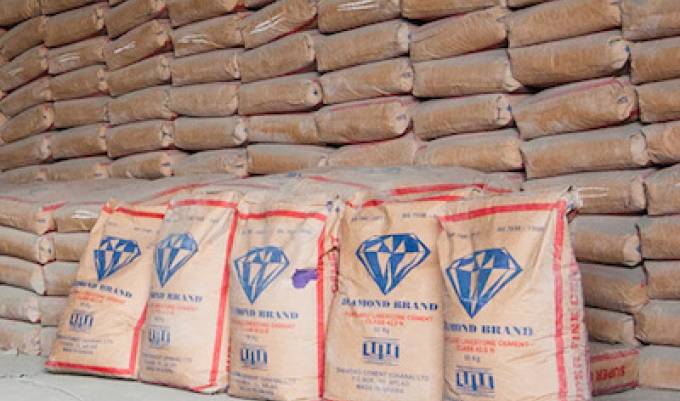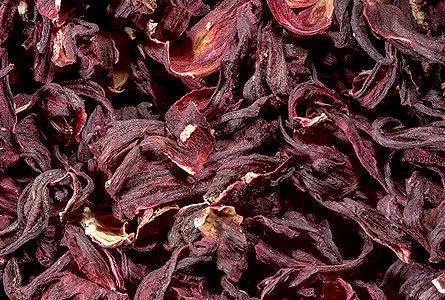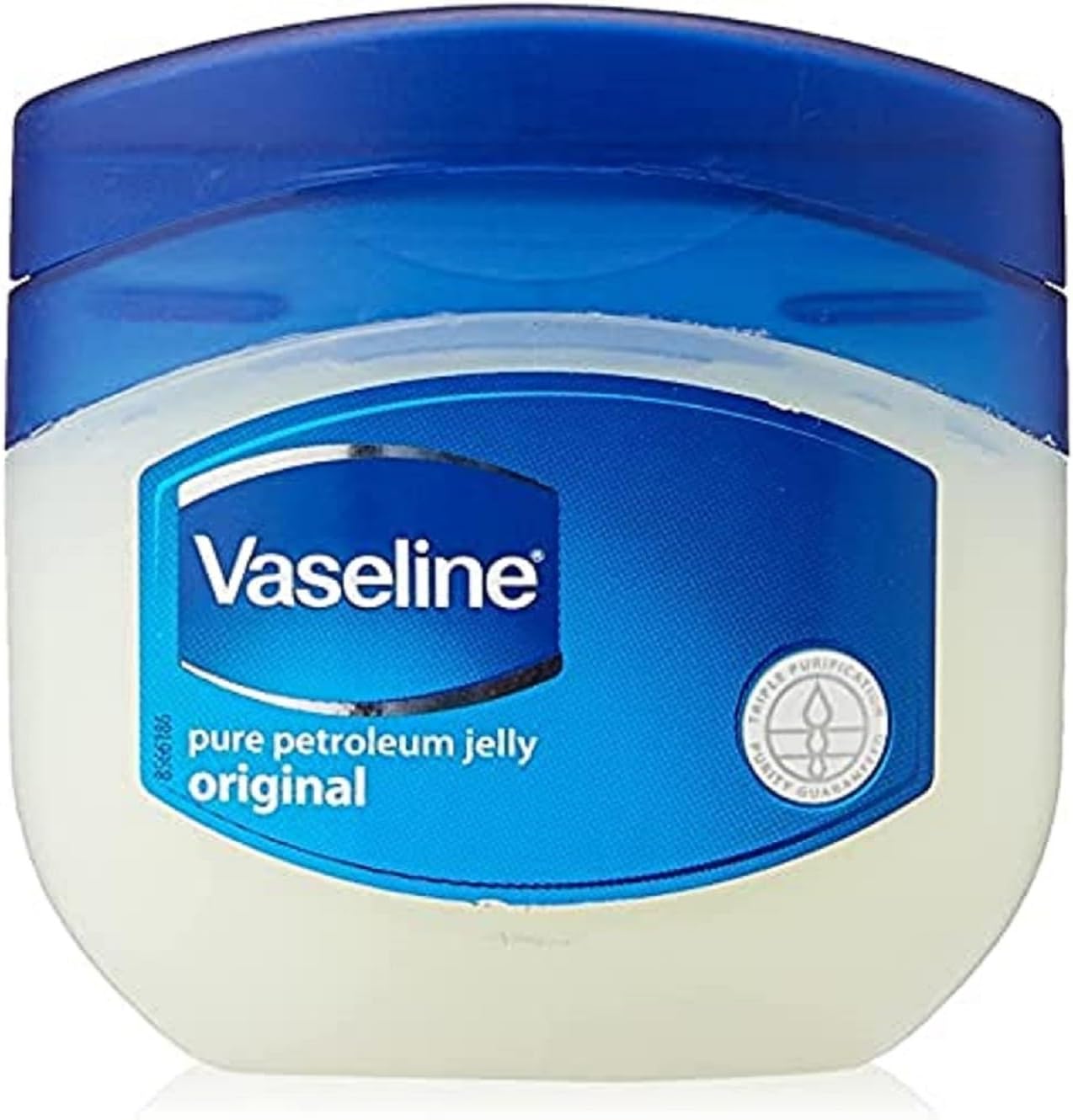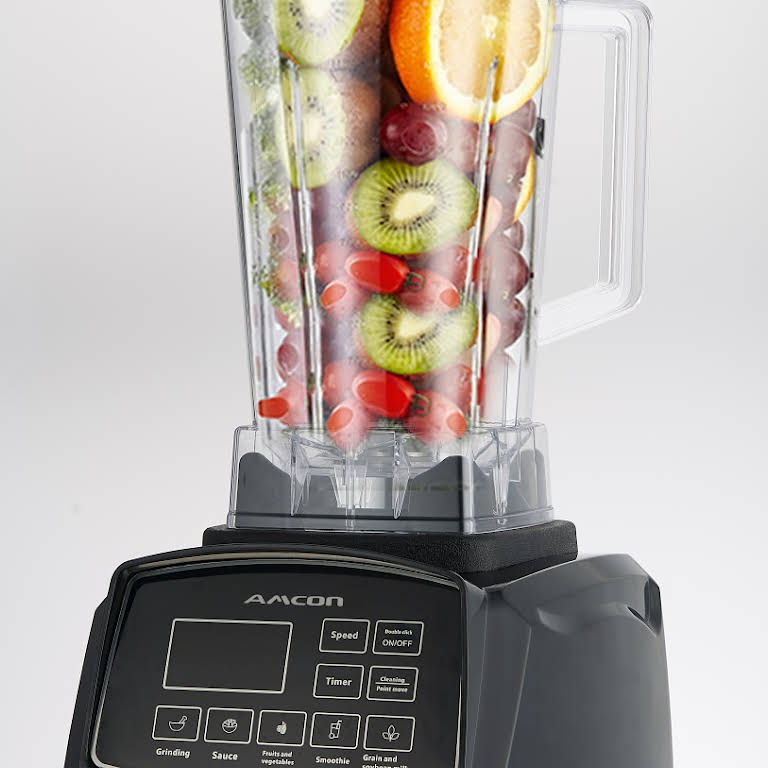If you are looking for the current cement price in Ghana or how much a bag of cement is currently selling in Ghana, you found the right information.
In Ghana’s bustling construction industry, understanding cement prices is crucial for project planning and budgeting.
Both individual and corporate construction in Ghana depend a lot on the price of cement and that makes it a commodity of importance to many.
In this post, we delve into the cement prices in Ghana today and the factors that influence prices of the cement in Ghana, the types of cement brands in Ghana, and how much a bag of cement costs in Ghana.
Cement Price In Ghana/ How Much Is A Bag Of Cement In Ghana?
Before we look at the current cement price in Ghana and answer the question ‘How much is a bag of cement in Ghana, it is important that we get the cement market in Ghana.

Understanding the cement market will help to analyzes the latest cement price trends in Ghana, and provide valuable insights for industry stakeholders.
Join us as we explore the dynamics of the cement market and shed light on this essential topic to provide you the answer to ‘How much is a bag of cement in Ghana’.
The Cement Market in Ghana
The cement industry and the cement market in Ghana continue to be major players in the economy of the country.
The market has experienced significant growth, driven by increased construction activities and infrastructure projects over the years.
There exist major players in the cement market in Ghana and there is a competitive landscape that has shaped cement prices in Ghana.
Factors Affecting Cement Price in Ghana
Several factors affect cement price in Ghana. Understanding these factors is crucial for analyzing the dynamics of the market and predicting price trends. Here are the key factors that affect cement prices in Ghana:
1. Cost of Production
The cost of producing cement directly impacts its pricing. Factors influencing production costs include:
- Raw Materials: The prices of raw materials like clinker, limestone, gypsum, and additives can fluctuate based on supply and demand.
- Energy Costs: Cement production requires significant energy inputs, such as electricity and fuel. Fluctuations in energy prices can affect production costs and, subsequently, cement prices.
- Labor Costs: Wages and labor-related expenses impact production costs and, consequently, cement prices.
- Packaging and Transportation: Expenses associated with packaging materials and transportation logistics influence the overall cost of cement production.
2. Market Demand and Supply
The interplay between market demand and supply has a substantial impact on cement prices. Factors include:
- Construction Sector Growth: The overall growth and activity level of the construction sector directly affect cement demand and subsequently influence prices.
- Infrastructure Projects: Large-scale infrastructure projects, such as road construction or commercial developments, create spikes in cement demand, potentially leading to price increases.
- Housing Demand: Residential construction demand, driven by population growth and urbanization, significantly affects cement prices.
- Imports and Exports: The availability of imported cement and the export of domestic cement can influence the supply and demand dynamics in the market.
3. Government Policies and Regulations
Government policies and regulations play a significant role in shaping cement prices. Factors include:
- Taxes and Levies: Taxation policies, including value-added taxes (VAT), excise duties, or levies on cement production, impact prices.
- Tariffs and Duties: Import tariffs and duties on imported cement can influence the competitiveness of imported cement in the market.
- Price Controls: Government interventions and regulations, such as price ceilings or subsidies, can directly impact cement prices.
It’s important to note that the cement market in Ghana is also subject to various external factors, including global market trends, exchange rates, and economic conditions. These factors can indirectly influence cement price in Ghana.
Popular Cement Brands In Ghana
In Ghana, several cement brands have established a strong presence in the market. Here are some of the popular cement brands widely recognized and utilized in Ghana’s construction industry:
1. Dangote Cement
Dangote Cement is a leading cement manufacturer globally and operates a state-of-the-art cement plant in Ghana.
Known for its high-quality cement products, Dangote Cement offers a range of options to cater to various construction needs
2. Diamond Cement
Diamond Cement is a renowned Ghanaian cement brand that has been in operation for several decades.
The brand is highly known in Ghana for producing quality cement and has established a loyal customer base in Ghana.
3. Ghacem Cement
Ghacem Cement is one of the oldest and most prominent cement brands in Ghana. A subsidiary of Heidelberg Cement, Ghacem Cement has a long-standing reputation for producing reliable and durable cement products.
4. CIMAF Cement
CIMAF Cement, a subsidiary of the Moroccan-based CIMAF group, has a significant presence in the Ghanaian cement market.
The brand is known for its commitment to quality and offers a range of cement products suitable for diverse construction applications.
5. Diamond Cement Group
The Diamond Cement Group comprises several cement brands, including Savannah Cement and Diamond Cement.
These brands are recognized for their consistent quality and reliability in the Ghanaian construction sector.
6. Super Rapid Cement
Super Rapid Cement is another popular cement brand in Ghana. The brand emphasizes fast-setting properties, making it suitable for time-sensitive projects that require quick strength development.
It’s worth noting that the popularity and availability of cement brands may vary across regions in Ghana. Whereas some brands are very popular everywhere, others are not.
It is recommended to consult with local suppliers, contractors, or construction professionals to determine the most suitable and readily accessible cement brands for specific projects
Types of Cement In Ghana
There are various types of cement available in Ghana and understand their unique properties and applications.
Different types of cement cater to specific construction needs, ensuring durability and efficiency.
The type of cement one is buying may also determine the price of cement in Ghana. Here are some common types of cement in Ghana:
1. Ordinary Portland Cement (OPC)
Widely used and readily available cement type in Ghana. Suitable for general construction purposes, including foundations, walls, and floors.
2. Portland Pozzolana Cement (PPC)
Blended cement that combines Portland cement clinker, pozzolanic materials (such as fly ash or volcanic ash), and gypsum.
The Portland Pozzolana cement offers enhanced workability, reduced heat generation, and increased resistance to chemical attacks.
This particular type of cement is ideal for construction in aggressive environments and for projects requiring lower heat of hydration.
3. Rapid Hardening Cement
Cement with a higher rate of strength development compared to OPC. Suitable for applications requiring quick setting and early strength gains, such as precast concrete elements and emergency repairs.
4. Masonry Cement
Specifically formulated for masonry work, including bricklaying and plastering. Provides excellent workability and bond strength, enhancing the durability and aesthetic appeal of masonry structures.
5. Sulphate Resistant Cement
Designed to resist the damaging effects of sulphate compounds commonly found in soil and water. Ideal for construction in areas with high sulphate content, such as coastal regions or locations with saline groundwater.
6. Oil Well Cement
Specially formulated for cementing oil wells and ensuring the integrity of the wellbore. Provides excellent mechanical properties and resistance to high temperatures and pressures encountered in oil drilling operations.
Uses Of Cement In Ghana
Cement plays a vital role in various construction and infrastructure projects in Ghana. Its versatility and strength make it a crucial building material for a wide range of applications.
Here are some common uses of cement in Ghana:
1. Building Construction
Cement is extensively used in the construction of buildings, including residential, commercial, and industrial structures.
It is used for the construction of foundations, walls, columns, beams, and slabs, providing structural stability and durability.
2. Concrete Production
Cement is a key component in the production of concrete, which is widely used in Ghana’s construction industry.
Concrete is used for various purposes, such as pavements, sidewalks, driveways, bridges, and infrastructure projects.
3. Masonry Work
Cement is crucial for masonry work, including bricklaying, blockwork, and plastering. It helps bind bricks, blocks, and other masonry units together, providing strength and stability to walls and structures.
4. Flooring
Cement-based materials, such as concrete or cementitious overlays, are commonly used for flooring applications.
They offer durability, ease of maintenance, and a wide range of design options for residential, commercial, and industrial floors.
5. Precast Concrete Elements
Cement is used in the production of precast concrete elements, including precast walls, beams, columns, and slabs.
Precast elements offer faster construction, improved quality control, and enhanced structural performance.
6. Road Construction
Cement is utilized in road construction projects, including the construction of highways, roads, and pavements.
It is used in the production of rigid pavements, providing a durable and load-bearing surface for vehicular traffic.
7. Water and Sewage Infrastructure
Cement is essential for the construction of water treatment plants, sewage treatment facilities, and water storage tanks.
It helps create watertight structures and provides chemical resistance in environments with water or wastewater exposure.
8. Industrial Use
Cement finds applications in various industrial settings, including factories, warehouses, and manufacturing facilities.
It is used for flooring, structural elements, and specialized requirements such as acid-resistant or high-temperature environments.
Current Cement Price In Ghana/ Cement Brands And Their Prices In Ghana.
| Cement Brand/ Cement Type | Cement Price In Ghana |
| GHACEM CEMENT 42.5R | GHS 98 |
| GHACEM CEMENT 32.5R | GHS 88 |
| DZATA CEMENT 42.5R | GHS 88 |
| CIMAF CEMENT 42.5R | GHS 95 |
| CIMAF CEMENT 32.5R | GHS 78 |
| DANGOTE CEMENT | GHS 95 |
| CBI CEMENT | GHS 90 |
| SAVANNAH CEMENT | GHS 90 |
| SUPPER RAPPID CEMENT | GHS 90 |
How Much Is A Bag Of Cement In Ghana Today?
From the various analysis of the cement market in Ghana and what goes into pricing cement in Ghana. A bag of cement is selling for 78 to 98 Ghana Cedis in Ghana.
It must be noted that how much a bag of cement costs in Ghana may vary slightly across the various regions and locations of Ghana.
The Ghanaian cement market boasts several popular and trusted brands, including Dangote Cement, Diamond Cement, Ghacem Cement, CIMAF Cement, Diamond Cement Group, and Super Rapid Cement.
Each brand offers a range of cement products that have different cement price in Ghana that cater to diverse construction requirements.
When selecting a cement brand, it is essential to consider factors such as quality, reputation, availability, and suitability for the project at hand.
We hope that this post on the Cement Price In Ghana: How Much Is A Bag Of Cement In Ghana? has been of help to you.
Are there different prices for different brands of cement in Ghana?
Yes, different cement brands have varying prices in Ghana. Some popular cement brands available in Ghana include Dangote Cement, Diamond Cement, and GHACEM. Each brand has its own pricing structure based on factors such as production costs, brand reputation, and market demand.
Where can I find the price of cement in Ghana?
You can find the price of cement in Ghana by visiting local hardware stores, building material suppliers, or contacting cement distributors directly.
Do cement prices in Ghana vary based on location or region?
Yes, cement prices vary based on the location or region in Ghana. Prices might be slightly higher in remote or less accessible areas due to transportation expenses.
Can I purchase cement directly from the manufacturers in Ghana?
Yes, you can purchase cement directly from manufacturers in Ghana. Some cement companies have their own sales outlets or depots where customers can buy cement directly.
Can I compare prices of cement from different suppliers in Ghana?
Yes, you can compare prices of cement from different suppliers in Ghana by contacting multiple suppliers, visiting hardware stores, or checking online platforms that provide price comparisons.
Related Searches on Price of Cement in Ghana:






